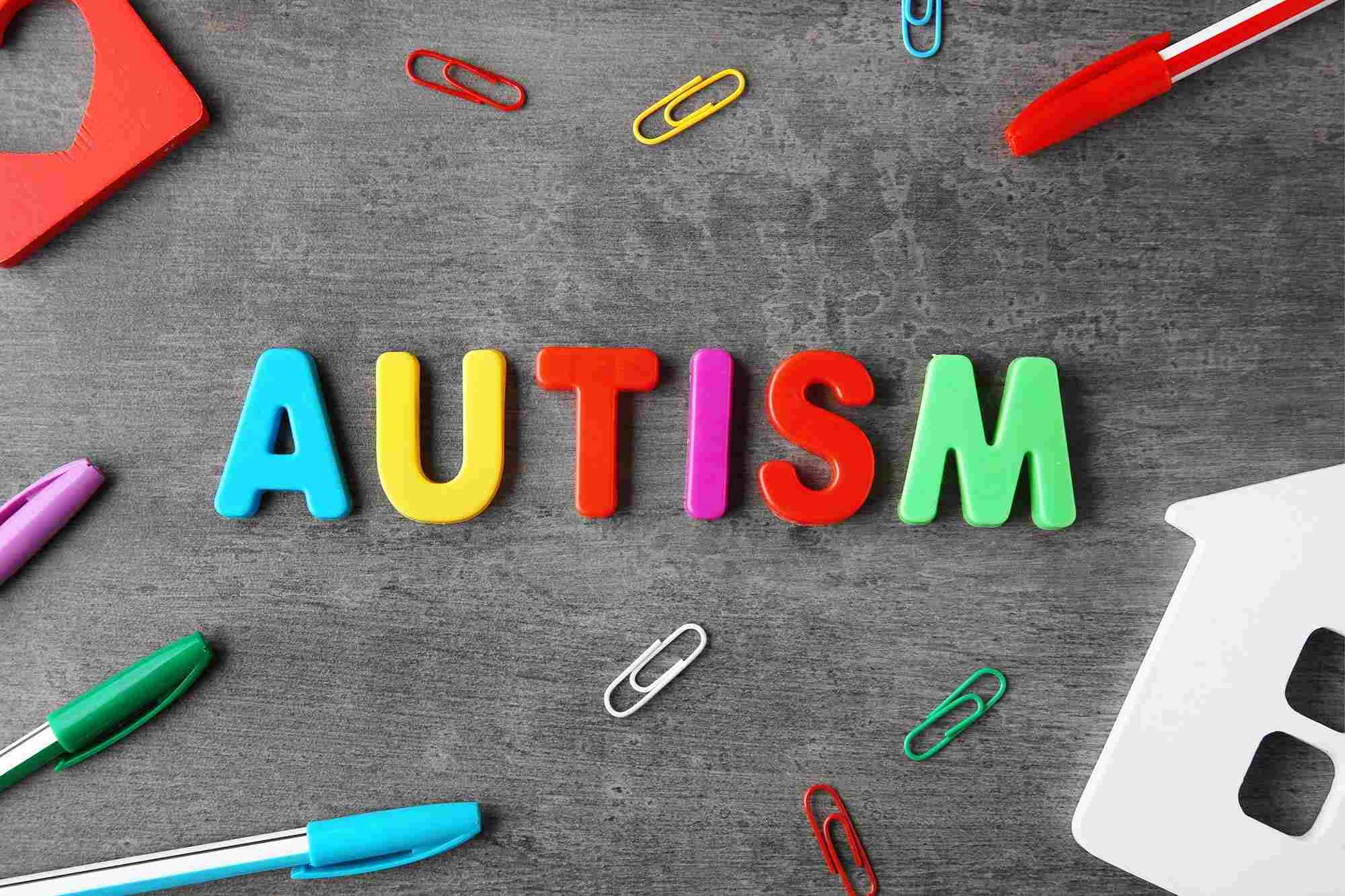
Are there countries with no autism? The short answer is no. Autism exists worldwide, affecting people from all walks of life. However, some nations report lower autism rates due to various factors like limited diagnostic resources, cultural stigma, or lack of awareness. These disparities can create the illusion that autism is absent in certain regions. In reality, autism is a global condition, and understanding its presence everywhere helps improve support and resources for those affected. This blog post will explore the complexities behind autism statistics, shedding light on why some countries appear to have fewer cases.
Understanding Autism
Autism Spectrum Disorder (ASD) affects millions globally. It’s a developmental condition impacting communication, behavior, and social interaction. Despite its prevalence, some countries report no cases of autism. This article explores fascinating facts about these unique nations.
Countries With No Reported Cases of Autism
While it might seem surprising, some countries claim to have no reported cases of autism. Here are some intriguing facts about these nations.
-
North Korea: North Korea has no reported autism cases. This could be due to limited access to medical resources and strict government control over health data.
-
Somalia: Somalia also reports no autism cases. The lack of healthcare infrastructure and ongoing conflict might contribute to underreporting.
-
Afghanistan: Afghanistan’s healthcare system struggles due to prolonged conflict. Autism cases might go undiagnosed or unreported.
Factors Contributing to No Reported Cases
Several factors can explain why some countries report no autism cases. These factors often relate to healthcare, cultural perceptions, and government policies.
-
Healthcare Access: Limited access to healthcare services means fewer diagnoses. Countries with underdeveloped healthcare systems might not have the resources to identify autism.
-
Cultural Stigma: In some cultures, disabilities carry a stigma. Families might avoid seeking diagnoses to prevent social ostracism.
-
Government Policies: Strict government control over health data can lead to underreporting. Governments might not prioritize autism research or reporting.
Impact of Conflict on Autism Reporting
Conflict and instability can severely impact healthcare systems, leading to underreporting of conditions like autism.
-
War Zones: Countries in war zones often lack the infrastructure to diagnose and report autism. Healthcare systems focus on immediate survival needs.
-
Displacement: Displaced populations might not have access to healthcare. Refugees and internally displaced persons often miss out on diagnoses.
Importance of Awareness and Diagnosis
Raising awareness and improving diagnosis are crucial for understanding and supporting individuals with autism.
-
Global Initiatives: International organizations work to raise awareness about autism. These efforts aim to improve diagnosis and support worldwide.
-
Education: Educating healthcare professionals about autism can lead to better diagnosis rates. Training programs help doctors recognize autism symptoms.
The Role of Technology
Technology plays a significant role in diagnosing and supporting individuals with autism.
-
Telemedicine: Telemedicine can bridge gaps in healthcare access. Remote consultations help diagnose autism in underserved areas.
-
Apps and Tools: Various apps and tools assist in early autism detection. These technologies provide resources for parents and caregivers.
Future Prospects
Efforts to improve autism awareness and diagnosis continue to evolve. The future holds promise for better understanding and support.
-
Research: Ongoing research aims to uncover more about autism. Studies focus on genetics, environmental factors, and early intervention.
-
Global Collaboration: Countries collaborate to share knowledge and resources. International partnerships work towards better autism support.
-
Policy Changes: Advocates push for policy changes to improve autism diagnosis and support. Governments are encouraged to prioritize autism research and healthcare.
Understanding why some countries report no autism cases sheds light on global healthcare disparities. Efforts to improve awareness, diagnosis, and support continue to be crucial for individuals with autism worldwide.
Final Thoughts on Countries With No Autism
Countries with no reported cases of autism might seem like a mystery, but it often boils down to underreporting or lack of awareness. Many regions lack the resources or infrastructure to diagnose and support individuals with autism. This doesn't mean autism doesn't exist there; it just goes unnoticed or unrecorded.
Raising awareness and improving diagnostic tools worldwide can help ensure that everyone gets the support they need. It's crucial to understand that autism is a global condition, and every country should strive to recognize and assist those affected.
By spreading knowledge and advocating for better healthcare systems, we can help bridge the gap. Remember, awareness is the first step toward change. Let's work together to make sure no one is left behind, no matter where they live.
Was this page helpful?
Our commitment to delivering trustworthy and engaging content is at the heart of what we do. Each fact on our site is contributed by real users like you, bringing a wealth of diverse insights and information. To ensure the highest standards of accuracy and reliability, our dedicated editors meticulously review each submission. This process guarantees that the facts we share are not only fascinating but also credible. Trust in our commitment to quality and authenticity as you explore and learn with us.


